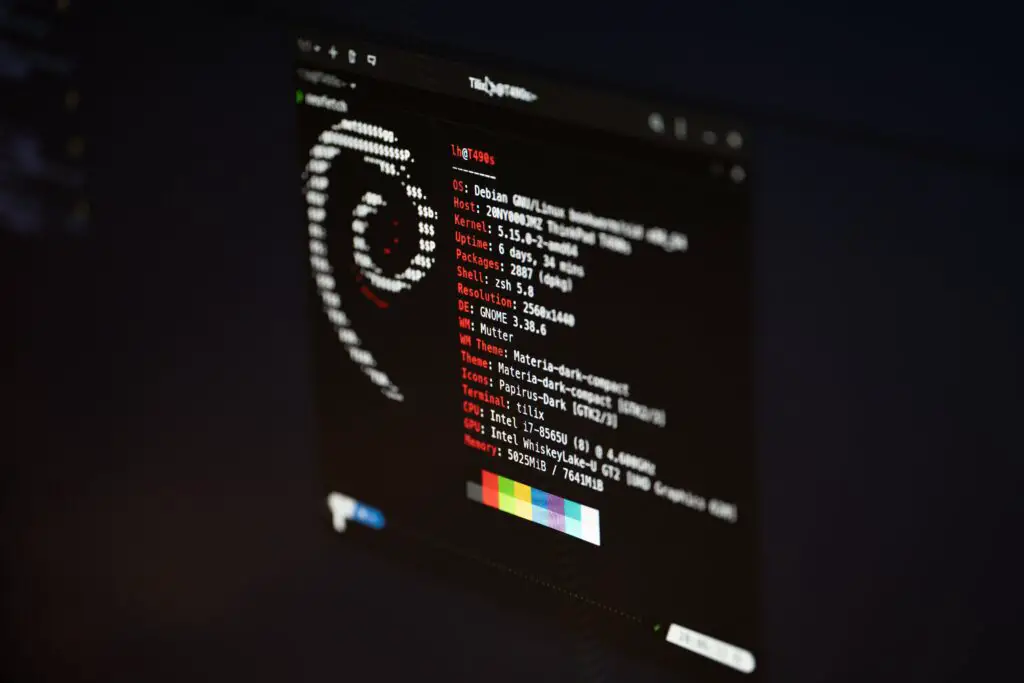Embracing Docker on Debian 9
In the world of modern development and deployment, Docker has emerged as a beacon of innovation, revolutionizing the way applications are built, shipped, and run across diverse environments. Leveraging its containerization prowess, Docker empowers developers to encapsulate applications and their dependencies into isolated containers, fostering consistency and portability across systems. For Debian 9 enthusiasts eager to harness this transformative technology, embarking on the journey of installing and utilizing Docker opens a gateway to a streamlined, agile development experience.

Unveiling the Installation Process
Preparing the Environment:
Before delving into the Docker voyage, ensure Debian 9 is up-to-date by executing sudo apt update to synchronize the package index. Subsequently, sudo apt upgrade can be employed to install the latest versions of available packages. As Docker relies on the apt repository, verifying the presence of apt-transport-https, ca-certificates, curl, gnupg-agent, and software-properties-common becomes pivotal. Their installation can be accomplished via sudo apt install.
Adding Docker Repository:
Introducing Docker’s repository to Debian 9 requires importing the GPG key to verify the authenticity of downloaded packages. Employ curl -fsSL https://download.docker.com/linux/debian/gpg | sudo gpg --dearmor -o /usr/share/keyrings/docker-archive-keyring.gpg to acquire the key. Subsequently, incorporate the stable Docker repository with the command echo "deb [arch=amd64 signed-by=/usr/share/keyrings/docker-archive-keyring.gpg] https://download.docker.com/linux/debian $(lsb_release -cs) stable" | sudo tee /etc/apt/sources.list.d/docker.list > /dev/null.
Initiating the Docker Installation
Actualizing the Docker Installation:
Executing sudo apt update allows Debian 9 to refresh the repository information, enabling the system to recognize the newly added Docker repository. The installation of Docker can then be initiated via sudo apt install docker-ce docker-ce-cli containerd.io. Once the installation culminates, verify the installed Docker version through docker --version.
Facilitating Non-sudo Usage of Docker:
Empowering non-root users to execute Docker commands alleviates operational constraints. To grant user privileges, add the user to the docker group using sudo usermod -aG docker your_username. To effectuate the changes, either log out and log back in or employ su - your_username to start a new session.
Unleashing Docker’s Command Terrain
Embarking on Docker Exploration:
Commence the Docker journey by acquainting yourself with fundamental commands. docker run initiates a container based on a specified image. Meanwhile, docker ps provides an overview of running containers, and docker images showcases available images. Delve deeper with docker pull to fetch images from registries or repositories and docker build to construct custom images from Dockerfiles.
Crafting Docker Compose Magic:
Elevating the orchestration game, Docker Compose empowers the management of multi-container applications. Begin by installing Docker Compose via sudo apt install docker-compose. Compose files, scripted in YAML, delineate the structure of multi-container applications. Utilize docker-compose up to initiate services as defined in the Compose file, and docker-compose down to halt the services gracefully.
Embracing Docker on Debian 9 unveils a realm of possibilities, sculpting a landscape where application development and deployment flourish in a containerized ecosystem. This voyage of installation and utilization embodies the fusion of innovation and practicality, fostering an environment where agility meets reliability, paving the way for seamless, scalable solutions.
